Best Saltwater Fishing Tips You Really Need To See
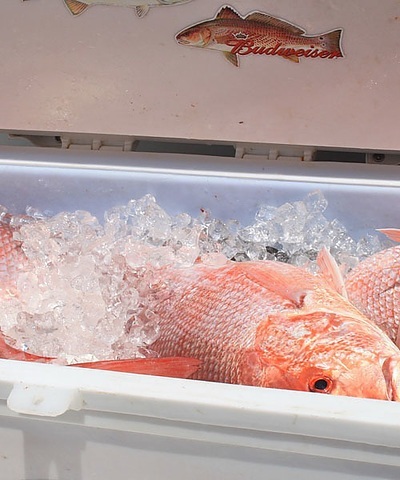
Saltwater fishing is a completely different game to any other type of fishing you are used to, so rather than sitting at the edge of a river casting your line into a stream you will be doing it from a fishing vessel in the ocean or on the shore, which is also known as surf fishing. The equipment, the tackle and the experience and know-how all different to catching fish in a river or resovoir so you will need to alter the way you fish if you want to make a success of it out in the ocean.
With that said, you will be pitting your wits against some of the fiercest and aggressive fighting fish you will come across such as Tuna and Marlin, and the rewards and experience can be highly satisfying for any angler who wants to try their rod out at Saltwater fishing.
There are of course a selection of great tips that you can take away with you, whether its your first time on the ocean or whether you have been numerous times. There is always room for more knowledge and room for improvement so take a look at our Saltwater fishing tips below and use them next time you are out looking to catch a prime Cod, Mackerel or Snapper.
Take Note of the Tidal Currents
One of the key things you need to take note of when you are saltwater fishing is the tidal currents as this will undoubtedly play a major part in whether you have a successful fishing trip of not. Inlets in particularly can see the tidal current lag the tide by over an hour and fish don’t always observe the height of the tide but they rather look at the speed of water movement. However the height of the tide in more open waters can be the overriding factor to a fish’s behavior so it pays to make sure you take close attention to the tidal currents in order to not be disappointed and not to waste valuable time.
Do Your Research Before Heading Out
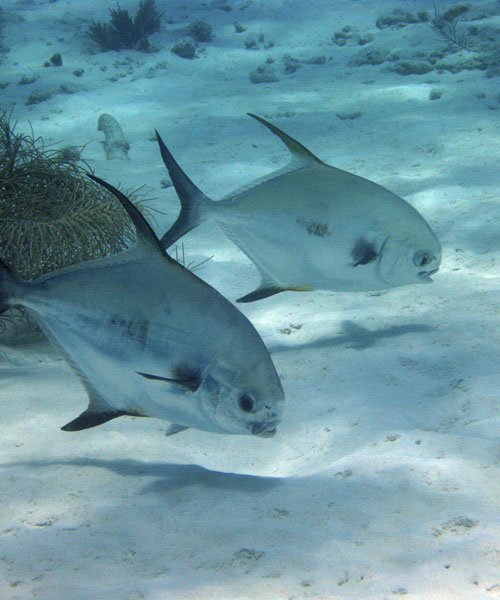
Saltwater fish are completely different to river fish so it is in your best interest to research the fish before you head out to sea. Make sure that you find out where they like to live, what structures they tend to go for when they need protection, when they feed, when they spawn, just dig deep until you know everything about that type of fish.
When you are happy with you knowledge its worth taking a test run at sea and locating these hotspots so when you come to the big day you know exactly what’s on the agenda and where you need to be heading.
Make Sure Your Live Bait is in Excellent Condition
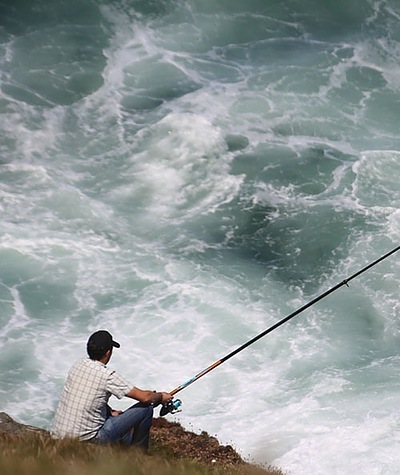
Many saltwater fishermen will offer this one piece of advice to you and it is important to keep this in mind. To keep your bait as fresh as possible you are best investing in an aerator especially if you don’t have a source of incoming water to keep good circulation going. The aerator will allow the water temperature to stay cool as it holds much more oxygen than warm water does, the only thing you will need to remember is to change the water in the aerator every few hours or so which will help replace the oxygen in the water but critically remove any waste materials that have been built up over that period of time.
With fresh well condition live bait you are going to have a much more successful bite rate when you come to fishing for saltwater fish.
Talk to the Locals, It Will Help You
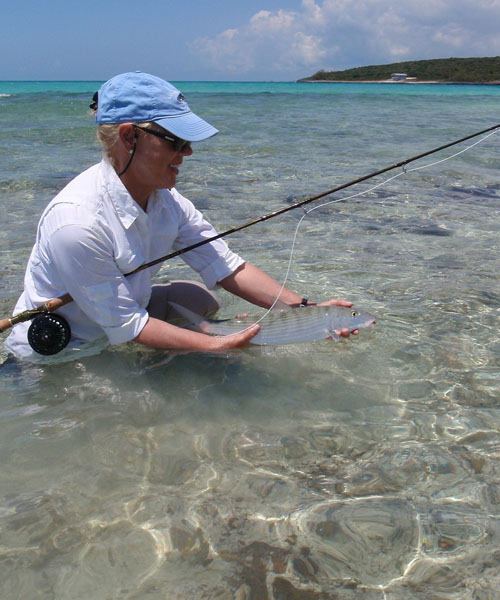
It may sound like an easy way or a cheat way but who knows the sea better than the local fishermen who are out there every day of the week? They will be able to tell you a variety of tricks and tips if you ask them nicely and they may even take you out on their boat to give you some practical and welcomed advice on the places to go as well as some key methods on how to make the most of your fishing excursion.
So before you do anything, check in with them and see what they have to say.
What Types of Fish Can You Expect to Catch?
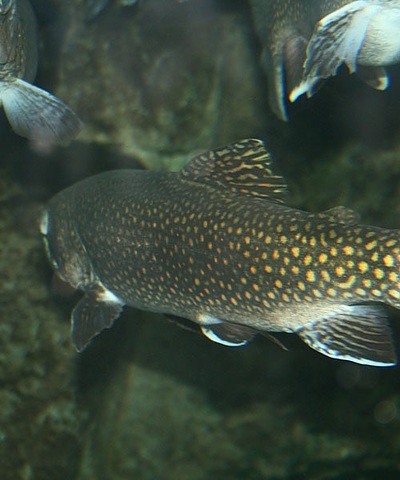
The sea if full of different types of fish, from protected species that you can’t catch to bait fish such as Anchovy that can help lure in the big boys. Below is a guide of the type of fish you will find in the ocean.
The Flounder
One of the great things about flounder is they can be cooked in a variety of different ways so you don’t have to stick to one cooking method. Catching them can be harder as they aren’t known as an aggressive attack fish so patience is definitely the key in getting this type of catch.
Tuna
Everyone favorite seafood steak is the tuna which is eaten worldwide and comes in many different forms, from canned right through to fresh of the fisherman’s boat the Tuna is expensive and can be eaten raw.
Salmon
Eaten raw just like Tuna, but also cooked in a variety of different ways, Salmon can be found in colder waters and if probably one of the most expensive saltwater fish to buy from the supermarket. The fish is rich in essential omega 3 oils and fatty acids which make it great for diets.
Cod
Another favorite is cod which are small fish that are found in the Atlantic and Pacific Oceans, they are very tasty and can be baked as a whole or as fillets.
Snapper
Not so common is the Snapper which sounds like it can’t be eaten but does make a very tasty addition to soups and stews.
Hake
Finally we have Hake which you will find in many chip shops around the world, and you guessed it, they go great with chips!
